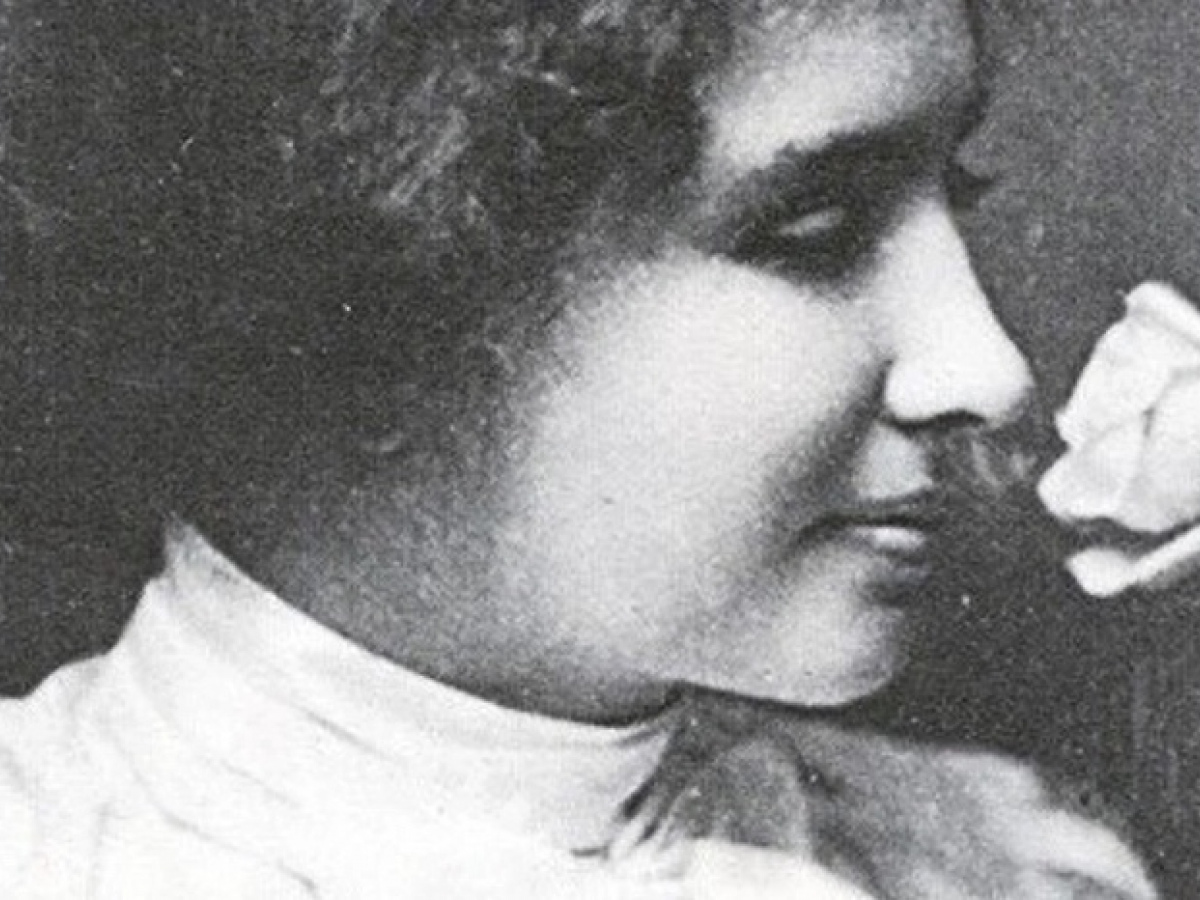Helen Keller’s visit to NZ: A childhood memory
Helen Keller, was born 27 June 1880 and died 1st June 1968. She was the author of twelve books, a disability rights advocate, political activist and lecturer. She was also Deafblind.

In 1945 our family moved from rural Hastings to Auckland so I could go to the Blind Institute in Parnell for an education. I had Infantile Glaucoma for which there was no cure 77 years ago. As blind kids we played hockey and cricket with rattly balls, skipped, chased, bold old tires around the yard and had cock fights with the big kids carrying us small ones on their backs.
The Institute consisted of a school for about 30 children, workshops and four single-sex hostels for working and retired adults. At one time it was said there were more than 400 blind people living on the Parnell site.
On a Friday afternoon in 1948, when I was eight years old, we all crowded into the large dining room of the Main Building to hear Helen Keller “speak”. We sat in rows on hard wooden forms. The place was packed. We small children were briefed to a degree about Helen Keller and her deafness and blindness, and her many works. However, the loss of both sight and hearing wasn’t foreign to us as one or two kids had this dual loss to some degree.
My childhood interest was captured by our teacher’s brief description of Helen Keller’s life. My mother was deaf, and I wondered whether Helen Keller would be like my mother. I was puzzled when she began to speak as I couldn’t understand a word. Her voice was a deep contralto rumble, and unlike my mother I couldn’t catch what was being said. But then, Polly Thomson translated Helen Keller’s talk.
I was totally mesmerised by how Polly Thomson could listen to Miss Keller for what seemed a long time, and then repeat her words clearly to us. It was also a mystery to me how Miss Thomson could use tactile hand signs to get questions to Helen Keller, then to answer all queries clearly and with accuracy.
I can’t remember the content of Helen Keller’s talk or the line of questioning, but I do recall my absolute fascination with the process of hearing speech I couldn’t grasp and then having Miss Keller’s words magically conveyed back to us by Polly Thomson, so enabling the audience to fully participate.
I left the hall wondering how it was that my mother never missed a beat bringing up my two brothers and me. We never got away with anything.
These memories have become richer with the passing years and continue to drive me to seek better opportunities and learnings for people with dual sensory loss.
The real learnings lie with refining systems of education, socialisation and acceptance of the right to live life to the full, with the same opportunities as everyone else.
Big thanks to Don McKenzie for sharing his memory.
